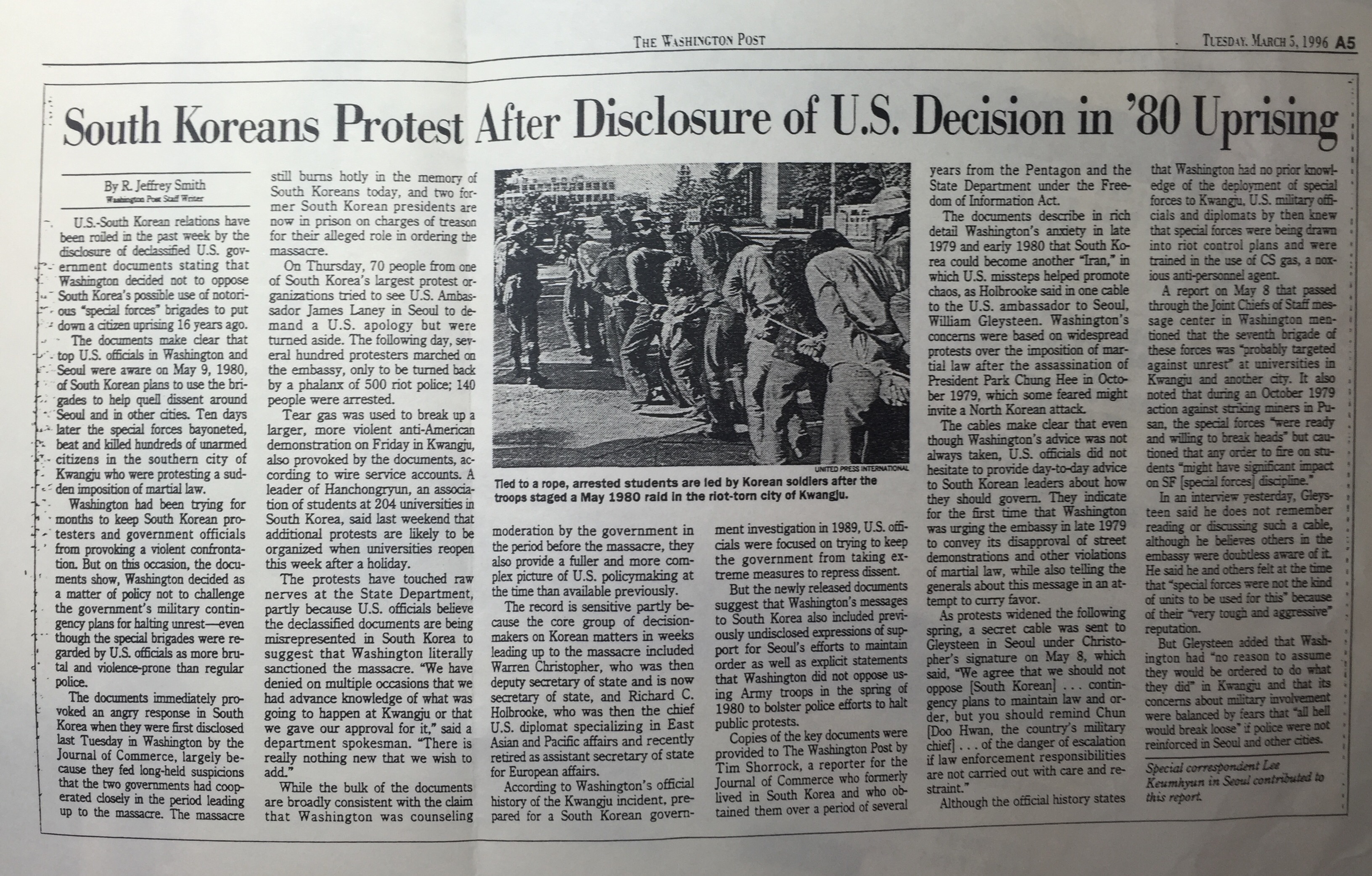Remember Iraq? Trapwire? Abu Ghraib?
Meet Trump’s Top Military Adviser who just became his acting National Security Adviser
Update: This was posted at The Nation on November 18, 2016. Now this player from contractor land is the president’s acting national security adviser in the wake of the firing of Mike Flynn on February 13, 2017. As I always say, what goes around, comes around.
Over the last two days, Donald Trump has put together a national security team that will move US foreign policy far to the right.
The most shocking appointment, announced Thursday, was retired Army General Michael Flynn, a fanatical opponent of radical Islam, as his national security adviser. On Friday, Trump named Rep. Mike Pompeo, a Republican from Kansas, to run the CIA. Pompeo is a member of the House intelligence committee who strongly opposed the Iran nuclear deal as well as the post-Snowden “reforms” of US intelligence.
But so far, little attention has been paid to a retired Army lieutenant general, Joseph “Keith” Kellogg, one of Trump’s closest military and foreign policy advisers. He is a former contracting executive who is considered a front-runner for a senior position at the Pentagon. He has been among the small group of advisers coming and going to Trump Towers this week.
Kellogg played a critical role in the disastrous US occupation of Iraq as the director of operations of the Coalition Provisional Authority, which ran the country after the 2003 invasion. Since leaving the military, he has been deeply involved in the high-tech, computer-driven style of warfare that has spawned the enormous business complex of contractors and suppliers that ring Washington, DC, from the CIA to the National Security Agency.
And with Flynn, the former Director of the Defense Intelligence Agency, now in charge of Trump’s national security team, Kellogg in a prime spot to select the officials to run Trump’s military policies. In that position, Kellogg brings 20 years of experience as an executive for some of the nation’s largest and most notorious military contractors.
To read on, click here.





